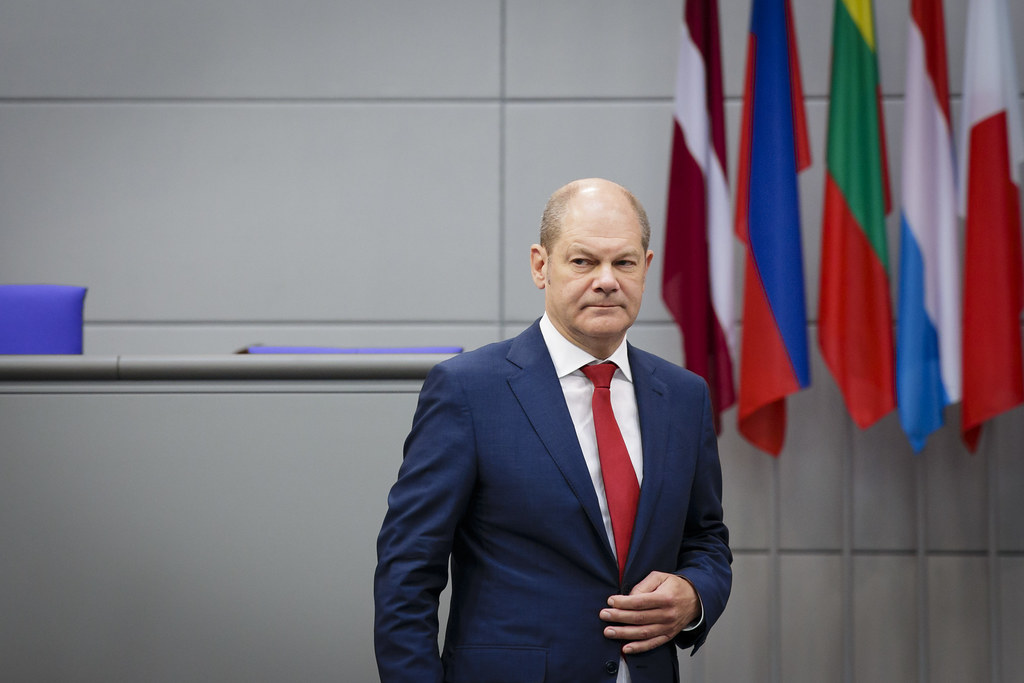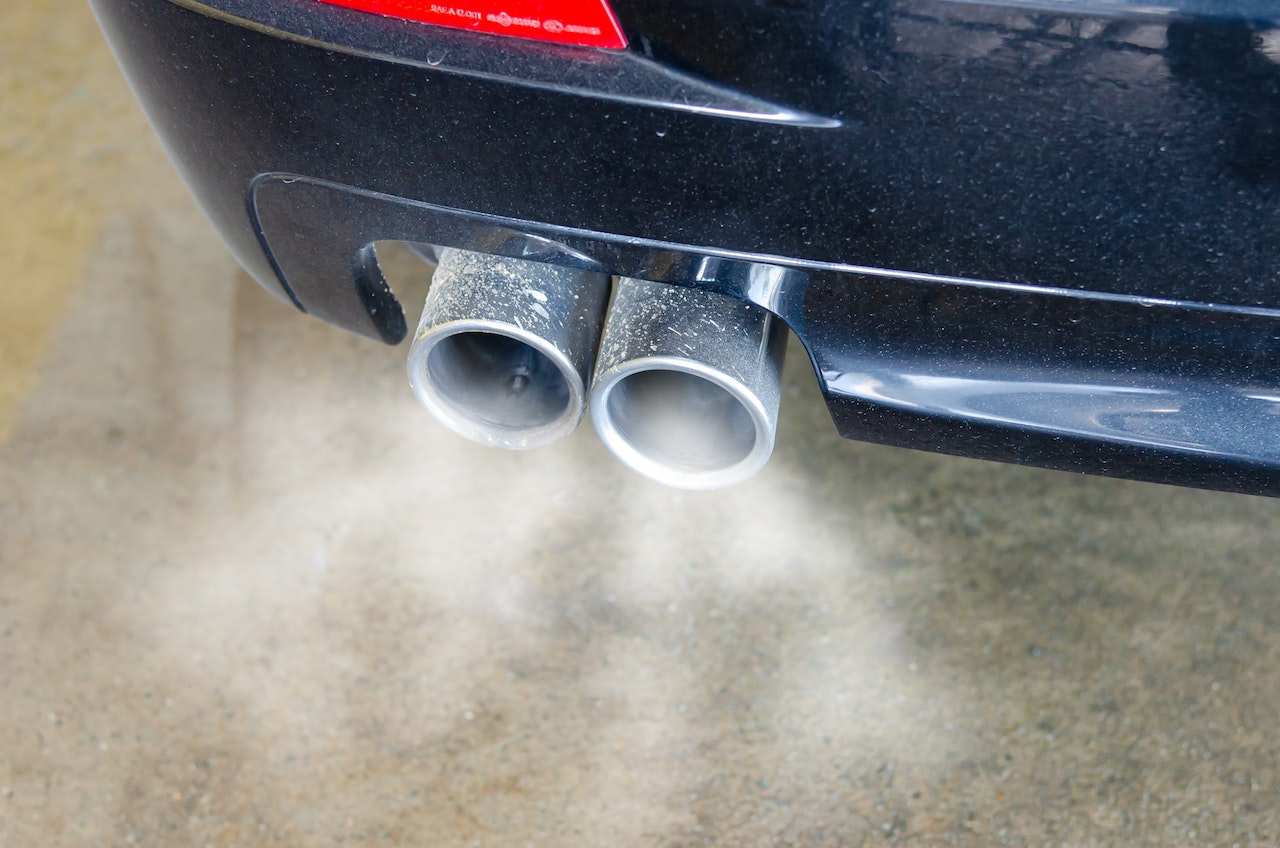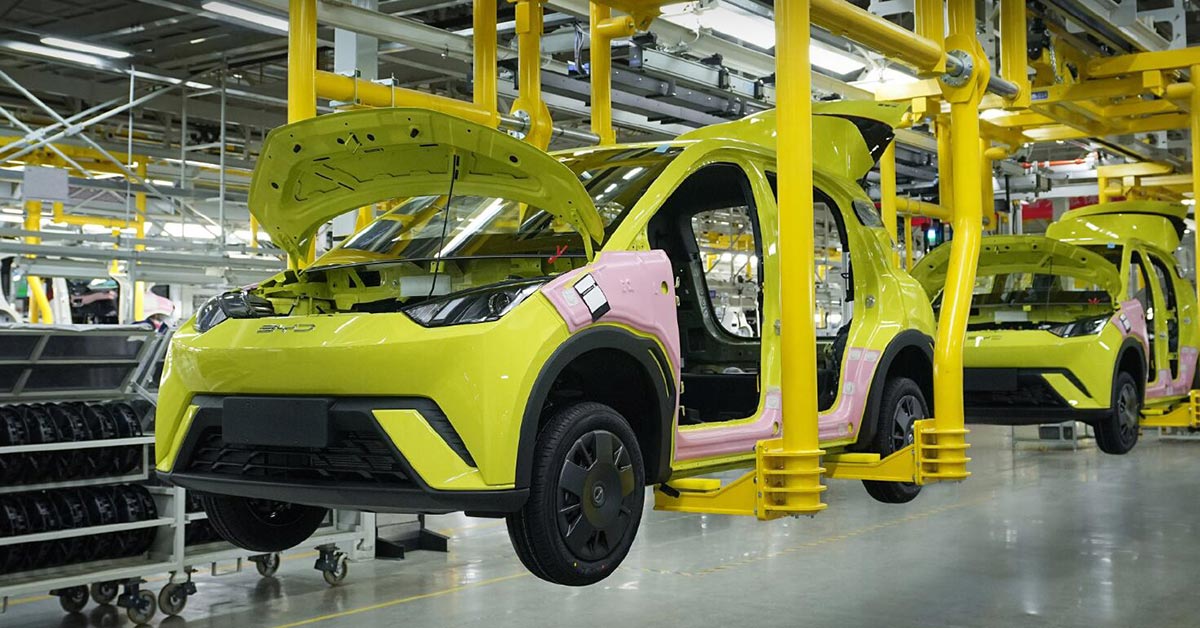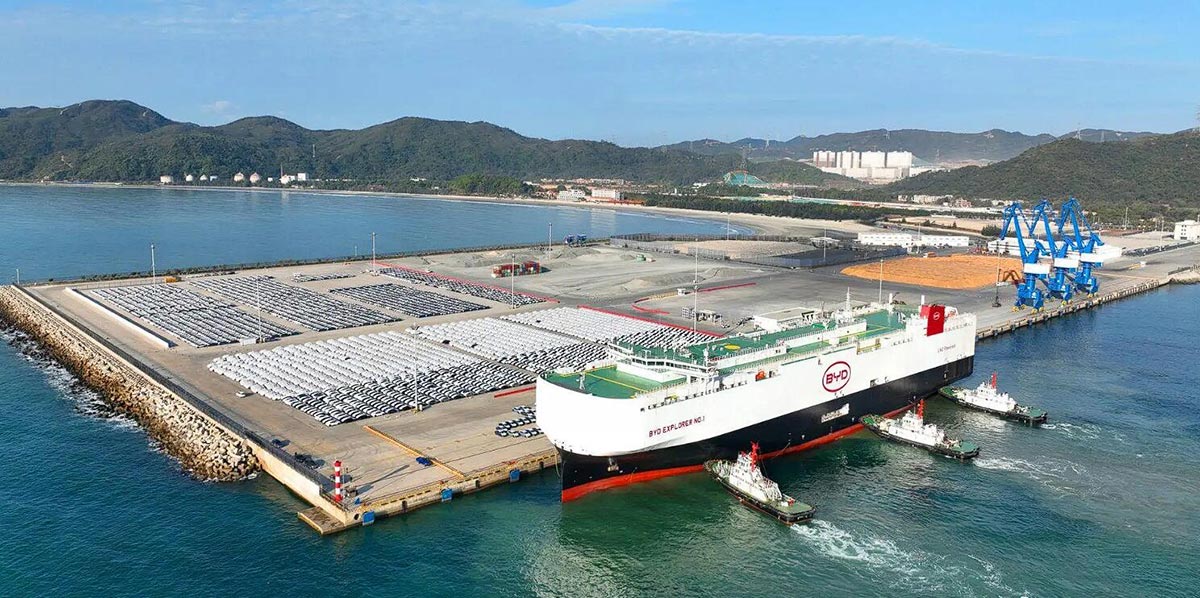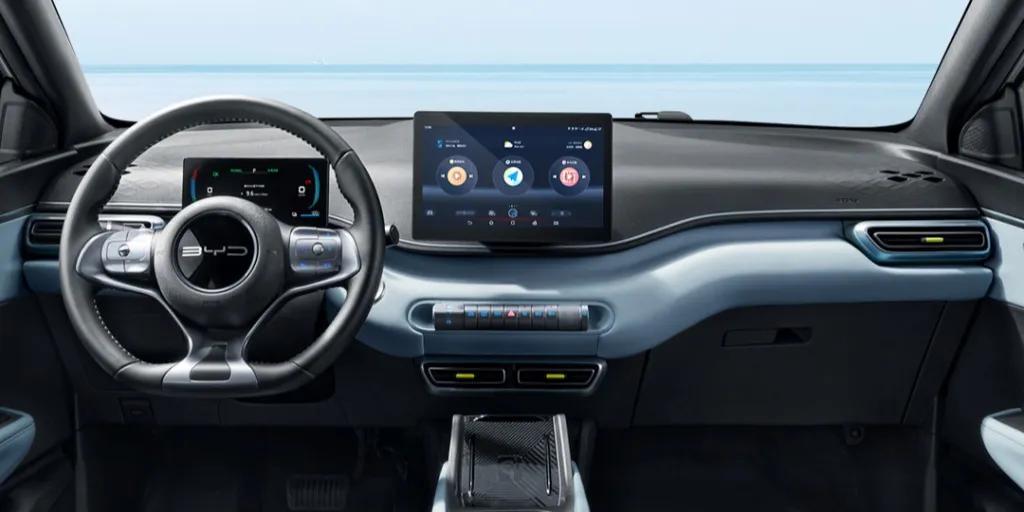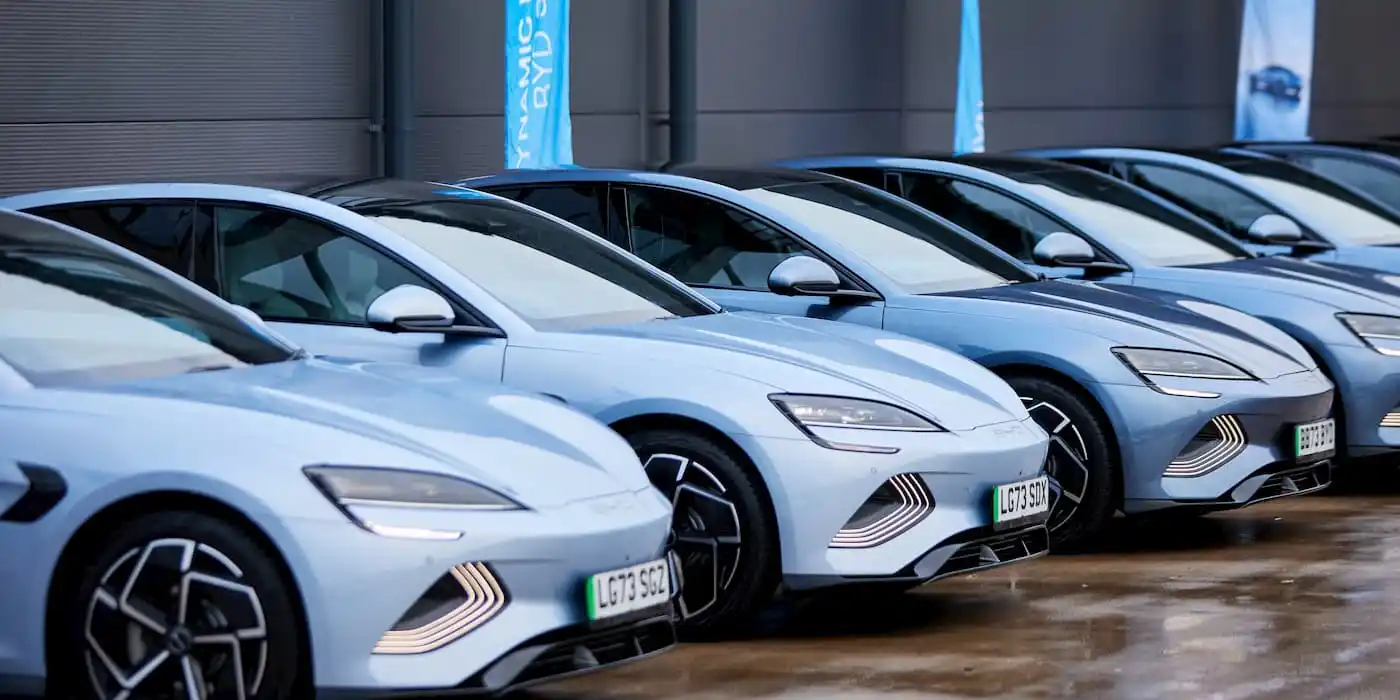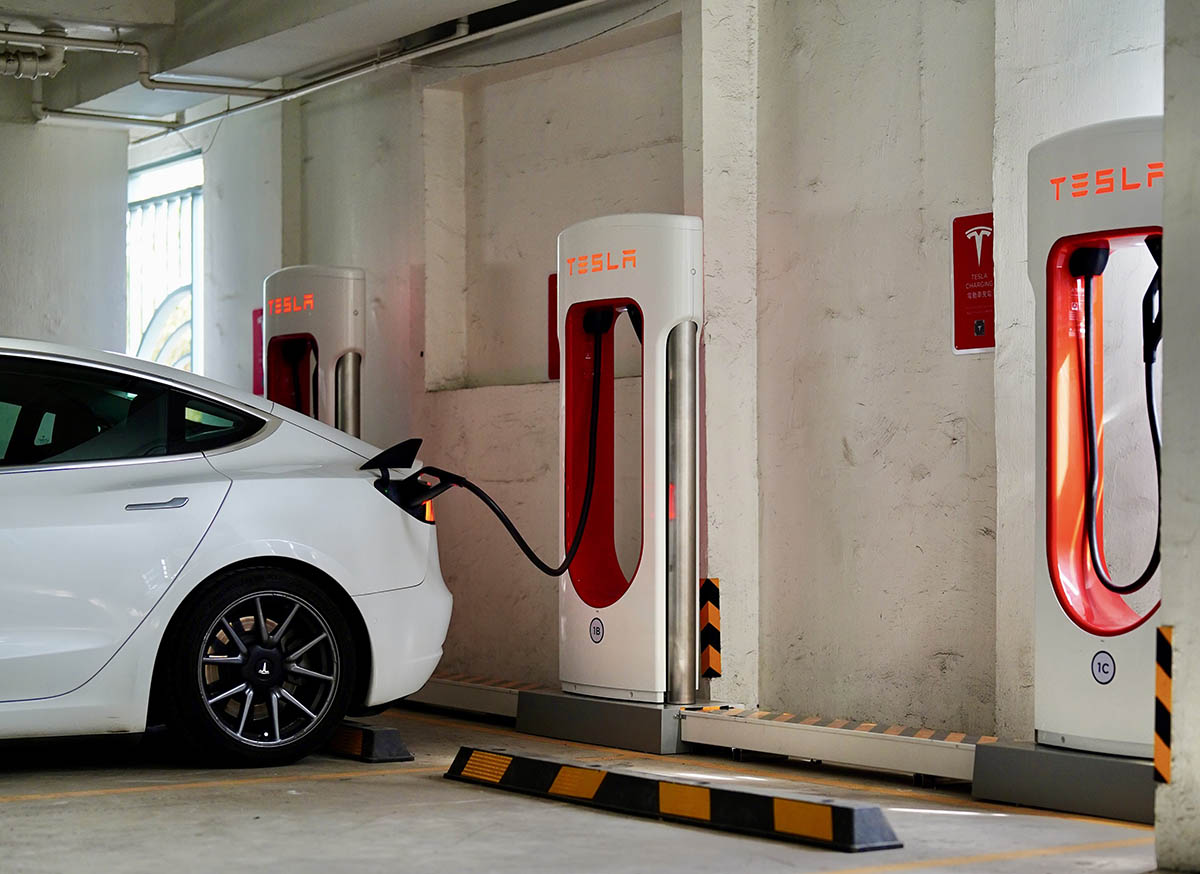German Chancellor Olaf Scholz and Deputy Chancellor Robert Habeck are advocating for leniency on EU climate penalties for automakers struggling to meet fleet CO2 emission limits in 2025, a move aimed at supporting the industry’s transition to electric vehicles (EVs). However, the existing fleet limits will remain unchanged, according to German officials.
The European Union’s fleet CO2 limits, set in 2021, mandate manufacturers to cap emissions at 93.6 grams per kilometer in 2025, down from the current 115.1 grams. The sharp reduction has posed challenges for automakers reliant on combustion engines, leading to concerns over substantial penalties. Robert Habeck, Federal Economics Minister and Green Party member, proposed a “pragmatic” solution, allowing automakers to offset potential 2025 deficits by exceeding quotas in subsequent years, such as 2026 and 2027.
“The goal is to alleviate immediate financial pressures while maintaining the incentives for EV adoption,” Habeck said, emphasizing that penalties would hinder manufacturers’ ability to invest in modernizing their fleets.
Chancellor Scholz echoed these concerns, urging the European Commission to avoid imposing fines on automakers failing to meet the 2025 targets. He argued that retaining funds within the industry would better serve modernization efforts and long-term environmental goals. “This pragmatic approach ensures companies can adapt without risking economic stability,” Scholz noted.
The proposals come amid weak EV sales for major automakers, including Volkswagen and Ford, coupled with high costs associated with transitioning to electric drivetrains. Lobbyists warn that failing to revise the targets could result in significant job losses across the sector.
Habeck also suggested advancing the EU’s review of fleet limits from 2026 to next year, aiming to align regulations with market realities and bolster the production of affordable EV models.

